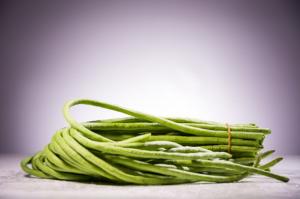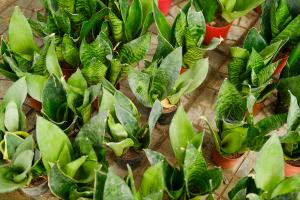Introduction:
Neem oil is derived from the seeds of the neem tree, which is native to India. It has been used in traditional medicine for centuries and now it is common in the gardening world as well. Neem oil has many benefits for plants, including being used as a natural pesticide, fungicide, and insecticide. The question arises if the neem oil is good for indoor plants, let's find out below.
Why use neem oil for indoor plants:
Indoor plants can be susceptible to pests and diseases, just like outdoor plants. When plants are indoors, they are in a controlled environment, which can make it easier for pests and diseases to spread. That's why it's important to use a natural and safe solution to protect indoor plants. Neem oil is an excellent solution for indoor plants because it's natural, organic, and safe to use. It also has antifungal, antibacterial, and insecticidal properties to help protect indoor plants.
How to use neem oil for indoor plants:
First, it's important to select a neem oil product that is specifically designed for indoor plants. Once you have the neem oil, you can mix it with water and apply it to your plants. The amount of neem oil that you use will depend on the size and type of your plants. It's important to note that neem oil should be used with caution, as too much of it can harm your plants. It's recommended to use neem oil once a week for indoor plants.
The benefits of neem oil for indoor plants:
Neem oil is a natural and safe way to protect indoor plants from pests and diseases. It's also an excellent fertilizer for plants, as it contains high levels of nitrogen, phosphorus, and potassium. Additionally, neem oil has antifungal and antibacterial properties, which can help prevent plant diseases. When used properly, neem oil can help your indoor plants grow strong and healthy.
The drawbacks of neem oil:
While neem oil is an excellent solution for indoor plants, it does have some drawbacks. One is that it can have a strong odor that may be unpleasant for some people. Additionally, neem oil can be harmful to beneficial insects, such as bees and ladybugs. If you have these insects present in your indoor garden, it's important to use neem oil with caution. Lastly, neem oil can be expensive compared to other types of organic solutions.
Conclusion:
Overall, neem oil is good for indoor plants because it's natural, safe, and effective. It can protect your indoor plants from pests and diseases, while also providing them with essential nutrients. However, it's important to use neem oil with caution and follow the recommended dosage, as too much neem oil can harm your plants. Ultimately, neem oil is a great solution for anyone looking to maintain the health of their indoor plants.

 how many times do yo...
how many times do yo... how many planted tre...
how many planted tre... how many pine trees ...
how many pine trees ... how many pecan trees...
how many pecan trees... how many plants comp...
how many plants comp... how many plants can ...
how many plants can ... how many plants and ...
how many plants and ... how many pepper plan...
how many pepper plan...
































